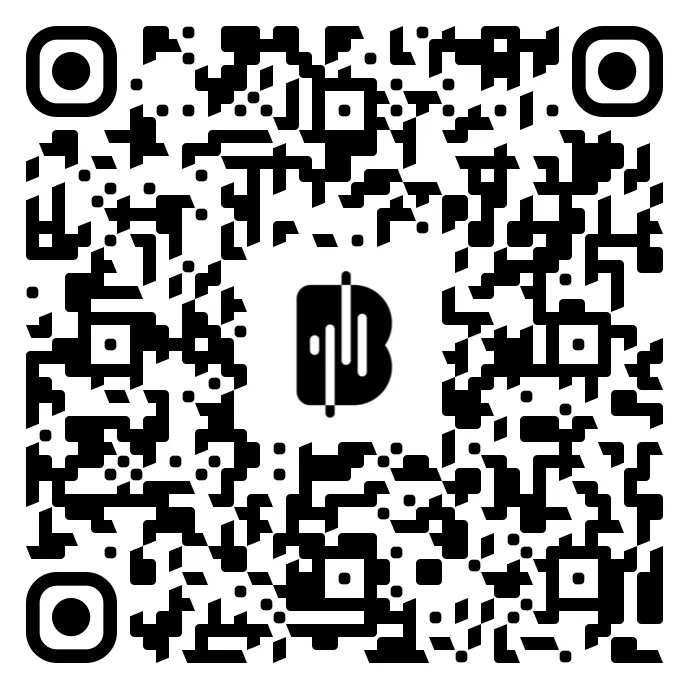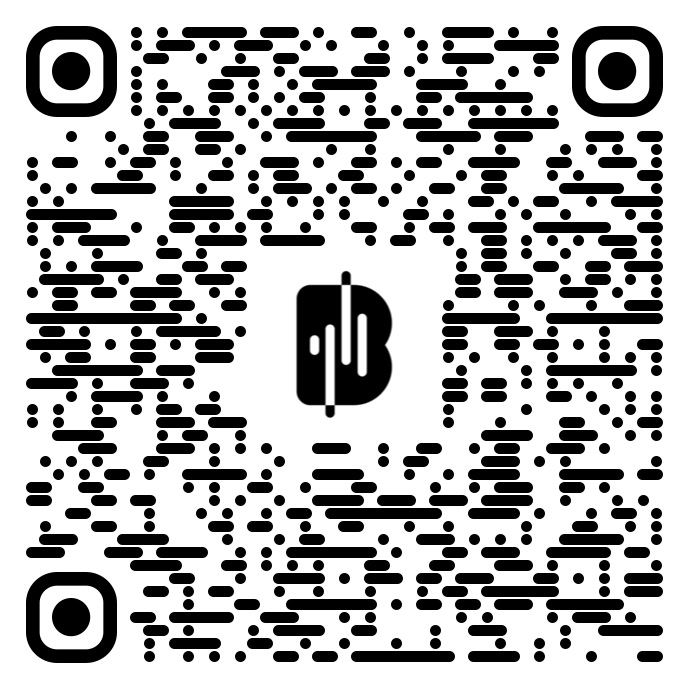Ever wondered why words like “chop” and “judge” feel like tongue twisters in disguise?
Blame it on affricates—those sneaky sounds that start one way and end another. They’re the ultimate curveballs in English, tripping up even advanced learners.
So, what exactly are affricates, and why are they important for English fluency?
Affricates combine a plosive sound (a burst of air) with a fricative sound (a hiss of friction), making them both complex and fascinating. Mastering them not only improves your pronunciation but also makes your speech more natural and confident.
Ready to dive in? Let’s break down these sounds step by step.
What Are Affricates? Affricates are a type of consonant sound that start as a plosive and transition smoothly into a fricative sound.
Unlike plosives, which stop air entirely (like /t/ in "top"), or fricatives, which create continuous friction (like /s/ in "snake"), affricates are a seamless combination of both. This unique quality sets them apart.
English has only two affricate sounds:
/tʃ/ as in "chat" /dʒ/ as in "judge"
While they may seem few in number, these sounds are vital to clear communication in English. Let’s examine each in detail.
Take your free accent assessment Get to know your pronunciation level and get 7 days of lessons for free on the BoldVoice app.
Start Free Trial
The /tʃ/ Sound ("ch" as in Chat) The /tʃ/ sound is one of the most common affricates in English. You’ll hear it in words like “choose,” “watch,” and “chop.” It’s voiceless, meaning your vocal cords don’t vibrate when you say it.
To articulate the /tʃ/ sound:
Start with a Stop (Plosive): Position your tongue against the alveolar ridge (the bumpy area behind your upper front teeth) and stop the airflow completely. Release into a Fricative: Let the air escape while keeping your tongue close to the roof of your mouth to create friction. No Vocal Cord Vibration: Keep your vocal cords relaxed to maintain the voiceless quality.
Watch as BoldVoice Coach Ron demonstrates the /tʃ/ sound:
VIDEO
The /tʃ/ sound is commonly spelled in two ways in English:
"ch", as in words like “chat,” “cheese,” and “leech” "tch", which you’ll find in words such as “witch,” “match,” and “pitcher.”
To practice this English affricate and master the /tʃ/ sound, try repeating the tongue twister "Chester chews cheddar cheese."
You can also compare /tʃ/ with similar sounds, like /ʃ/ ("sh"). For example, practice repeating minimal pairs like “chop” vs. “shop” to refine your pronunciation of affricates versus fricatives .
The /dʒ/ Sound ("j" as in Judge) The /dʒ/ sound is the voiced counterpart to /tʃ/, made with exactly the same mouth and tongue positioning. It appears in words like “judge,” “joy,” and “bridge.”
Because it’s voiced , your vocal cords vibrate when producing this sound.
To properly pronounce the /dʒ/ affricate:
Start with a Stop (Plosive): Just like /tʃ/, position your tongue against the alveolar ridge and stop the airflow. Release into a Fricative: Let the air escape with friction, but this time, engage your vocal cords to produce sound. Feel the Vibration: Place your fingers on your throat to feel the difference when you pronounce /dʒ/.
Here’s BoldVoice Coach Ron demonstrating the affricate:
VIDEO
The /dʒ/ sound appears in English with a few consistent spelling patterns . Recognizing these can help you identify and practice the sound more effectively:
"j," common in words like “joy,” “judge,” and “jungle.” "ge,” found in examples such as “genuine” and “age.” "dg,” often used in words like “edge,” “badge,” and “fudge.”
Practicing words and phrases with /dʒ/ is a great way to refine your pronunciation. Start with short phrases like “Jack enjoys jam” or “Jen juggles on the bridge.”
To master the /dʒ/ sound, focus on contrasting it with similar sounds, such as /ʒ/ (as in "measure"). Try minimal pairs like “jean” versus “sheen” to fine-tune your ear and pronunciation.
Listening closely to sentences with /dʒ/ and mimicking them can help you achieve a natural sound.
Why Proper Affricate Pronunciation Matters Getting affricates right is essential for clear communication.
Mispronouncing sounds like /dʒ/ can cause confusion, especially in words that contrast with similar ones. For example, mixing up “badge” and “batch” or “chip” and “ship” can completely change the meaning of your sentence.
Mastering these sounds greatly enhances clarity in your spoken English .
Beyond clarity, mastering affricates also builds confidence. Pronouncing these sounds accurately helps you sound more natural and fluent, in both casual or formal contexts where affricates are common.
Exercises to Improve Affricate Pronunciation
Practicing affricates involves both listening and speaking drills to refine your articulation. Here are some effective exercises to help you master these sounds:
1. Minimal Pairs Practice
Minimal pairs are word pairs that differ by only one sound, making them perfect for fine-tuning your pronunciation. Focus on pairs that contrast affricates with similar sounds to sharpen your ear and clarity.
/tʃ/ vs. /ʃ/: Examples include “chop” vs. “shop.” /dʒ/ vs. /ʒ/: Try practicing “college” vs. “collage.” Note that in addition to the target sound, the preceding vowel is also different in these two words, making them near-minimal pairs.
2. Mirror and Mouth Exercises
Use a mirror to observe your tongue and lip movements as you practice affricates.
Pay attention to the transition from the plosive (stop) to the fricative (friction) to ensure it’s smooth and natural.
3. Listening Drills
Listening to native speakers is key to mastering affricates.
Use audio tools or apps like BoldVoice to hear how /tʃ/ and /dʒ/ should sound, and continue your immersion through native English podcasts and films .
Focus on distinguishing the vibration in /dʒ/ from the lack of vibration in /tʃ/, and mimic what you hear.
4. Tongue Twisters
Tongue twisters are a fun way to practice affricates in context. They force you to focus on clear articulation while making you more comfortable with the sounds.
Try these:
“Chester chews cheddar cheese.” “Jack judged Jill’s jam.”
By incorporating these exercises into your routine, you’ll improve your pronunciation and gain confidence with affricates.
How BoldVoice Can Help Improving your pronunciation takes more than just practice—it requires guidance, and BoldVoice is designed to deliver exactly that. This app is tailored for non-native speakers, providing tools and resources to master challenging sounds like /tʃ/ and /dʒ/.
With step-by-step guidance, BoldVoice breaks down each sound into manageable instructions, making it easy to understand and replicate. You’ll also receive personalized feedback, ensuring the exercises target your specific pronunciation hurdles.
Plus, the app offers convenient practice, with video lessons and drills that fit into your schedule anytime, anywhere.
Ready to improve?
Sign up for BoldVoice’s free 7-day trial today and take the first step toward clearer, more confident English pronunciation.









